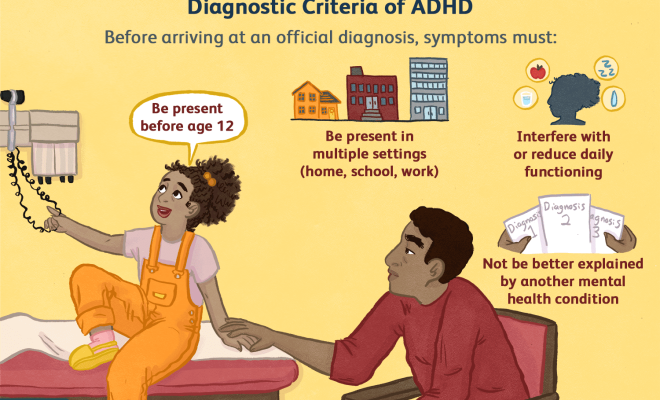The Effectiveness of Online ADHD Tests: What We Know

Introduction
Attention Deficit Hyperactivity Disorder (ADHD) is a neurodevelopmental condition that impacts millions of people worldwide. Diagnosing ADHD typically involves an in-person assessment by a healthcare professional or a psychologist. However, with the prevalence of online resources, many individuals are turning to online ADHD tests as an initial step to understanding their symptoms. In this article, we will explore what we know about these online tests and their effectiveness.
The Rise of Online ADHD Tests
The internet has made it possible for people to access information and resources at their fingertips. As a consequence, numerous websites offer self-administered ADHD tests that can be taken without leaving home or office. People often turn to these screenings to make sense of their symptoms, such as difficulty focusing, impulsivity, and restlessness – all hallmarks of ADHD.
The content of these tests varies greatly, with some being based on the DSM-5 criteria for ADHD while others rely on expert input or anecdotal evidence. What differentiates online ADHD tests from professional evaluations is accessibility; individuals can self-administer them without seeking formal medical advice.
The Pros and Cons
Online ADHD tests can offer several advantages:
1. Accessibility: For those located in remote areas or with limited access to healthcare professionals, online tests can provide an initial insight into their symptoms.
2. Anonymity: Some people may feel more comfortable taking a test in private rather than discussing their concerns face-to-face with a professional.
3. PreliminaryAssessment: Online tests can serve as a starting point for individuals who suspect they may have ADHD but haven’t sought a formal diagnosis yet.
Despite these advantages, there are also drawbacks to using online ADHD tests:
1. LackofPersonalization: These tests do not take into account individualized factors such as cultural background or environmental influences.
2.Inaccuracy: The validity of some tests can be questionable, and the results may not accurately reflect an individual’s condition.
3. Misdiagnosis: Relying solely on online tests could lead to self-diagnosed ADHD without considering other potential causes of observed symptoms.
Conclusion
While online ADHD tests can provide insight into one’s symptoms and be used as a preliminary assessment, they cannot replace a thorough evaluation by a qualified healthcare professional. It is crucial to consult with a knowledgeable expert for an accurate diagnosis and personalized treatment plan that addresses each individual’s unique circumstances.





